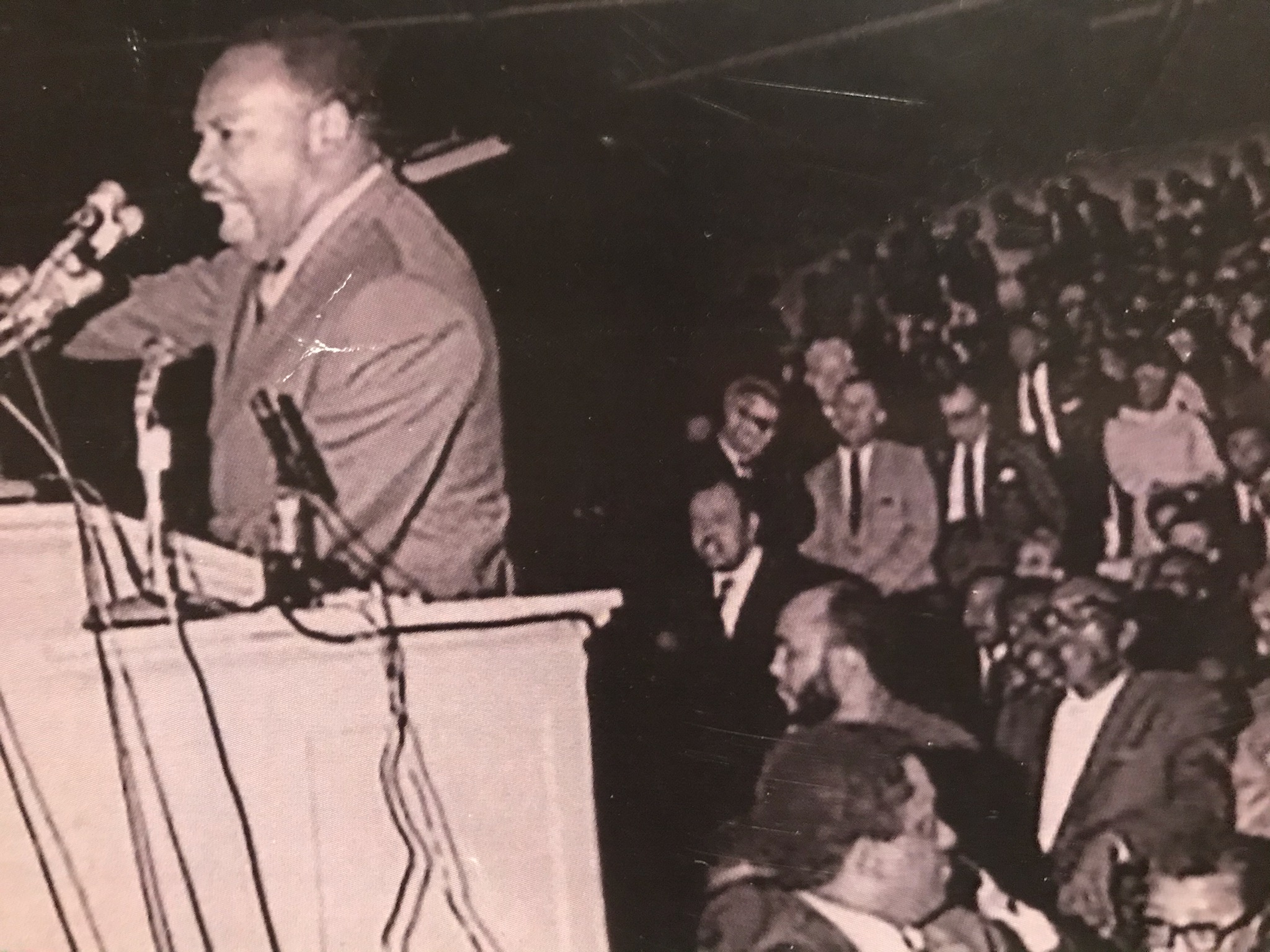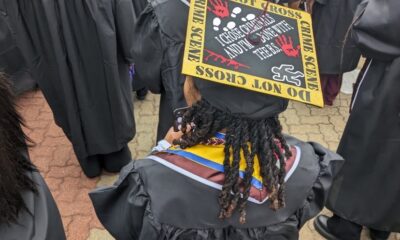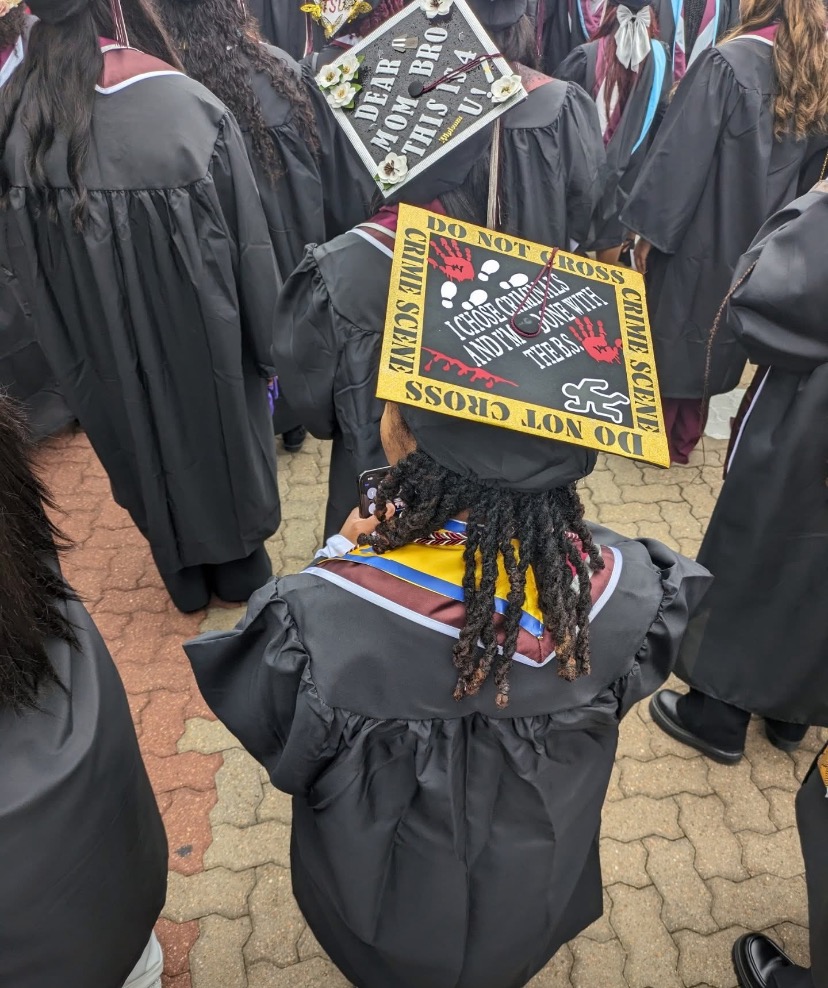This weekend marks 52 years since an assassin’s bullet stole
the life of the Rev. Dr. Martin Luther King, Jr. as he stood on the balcony of
The Lorraine Motel in Memphis. He was in Memphis to add his voice to the chorus
of Black sanitation workers pushing for better wages and working conditions.
“We’ve got to give ourselves to this struggle until the
end,” Dr. King said on April 3, 1968 which was the night before he was
assassinated. “Nothing would be more tragic than to stop at this point in
Memphis. We’ve got to see it through.”
This year’s anniversary of that painfully dark day will not
be recognized with an event at the King Center. Because of the coronavirus, the
Center is closed like so many
businesses and institutions, and employees are working from home. Yet, true to
the legacy of its namesake, efforts to help others continue.
In a video titled “Managing Fear and Anxiety” posted on the
Center’s website, Bernice King, youngest daughter of Dr. King and Coretta Scott
King, acknowledged the dramatic change the world is experiencing and the uncertainty
it has spawned.
“My Father was a prophetic leader,” King said. “He made
global impact. He faced fear in the Movement that he led over and over again.”
Beloved
Community Talks
The video
is part of the King Center series, “Beloved Community Talks: Building the
Beloved Community in a Time of Crisis”, and addresses many of the emotional challenges
created by the coronavirus pandemic: victims infected with the disease, those
who have lost a loved one, parents working from home and teaching children who
are also home, and families burdened with financial worries connected to coronavirus
job loss.
Clinical psychologist Dr. Gloria Morrow and international
motivational speaker, Sam Collier, joined the conversation and offered advice.
“I’m so happy that you normalized those feelings because all
of us have been hit by what’s going on,” Morrow, who is also an author, said
when King admitted having moments of fear despite her faith. “So, the person that
walks around saying, ‘Oh, it doesn’t bother me, I’m strong in the Lord and
that’s all right.’ No. Everybody has been hit.”
Morrow mentioned
she has been placed on furlough from her job for two weeks or more without pay during
the outbreak and underscored the need to admit the anxiety permeating many
lives.
“It’s out of that normal fear and anxiety like you needed to
have when you were taking that test so you would study,” she explained. “So,
now we need to have a little bit of that…so, it helps us push forward.”
However, King, Morrow and Collier cautioned against
“languishing” in the anxiety and pointed out the difference between “healthy”
behaviors and those considered alarming.
Morrow said, “Now, if it becomes overburdening, where now
I’m really paralyzed, I don’t want to leave my room, I’m not eating, I’m not sleeping,
I’m probably self-medicating…doing things that are harmful to myself. I’m going
to the supermarket buying up everything I can buy, even though I know that it’s
going to be restocked, the market will be restocked, and I can go back. But, I’m
operating now out of that paranoia and fear, then that’s when we’ve gone on the
other side of this.”
Steely
Determination & Faith
For years, Dr. King and the men and women who dreamt of and
fought against injustice stared down racist government officials and the
gatekeepers of discrimination. Without question, they lived with anxiety as their
homes were bombed, and they spent nights in jails. Uncertainty characteristic
of this pandemic dogged their days during the Civil Rights Movement. And, yet Dr.
King and others stayed the course.
On the last night of his life, Dr. King told the crowd at Mason Temple, “We’ve
got some difficult days ahead. But it doesn’t matter with me now. Because I’ve
been to the mountaintop. And I’ve looked over. And I’ve seen the promised land.
I may not get there with you…[But], I’m happy tonight. I’m not worried about
anything. I’m not fearing any man. Mine eyes have seen the glory of the coming
of the Lord.”
A master class in grace under pressure. Not just that night
but so many before. Now, in an unprecedented time in our lifetimes, the King
Center offers an encouraging light.


 Black History5 years ago
Black History5 years ago
 Black History6 years ago
Black History6 years ago
 Black History4 years ago
Black History4 years ago
 Black History5 years ago
Black History5 years ago
 Black History5 years ago
Black History5 years ago
 Black History6 years ago
Black History6 years ago
 Black History9 years ago
Black History9 years ago
 Black History5 years ago
Black History5 years ago


























